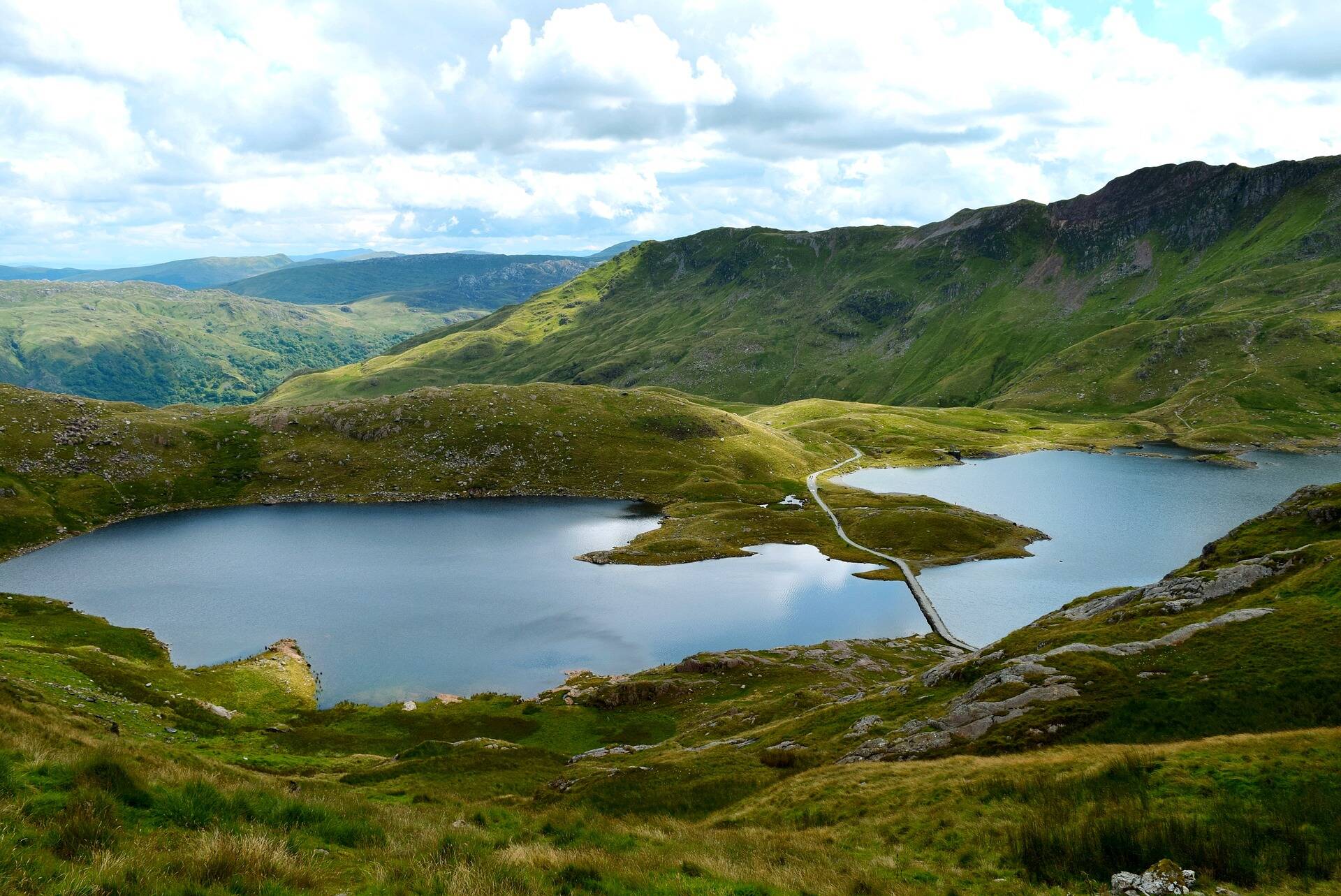You’ve reached your limit!
To continue enjoying Utility Week Innovate, brought to you in association with Utility Week Live or gain unlimited Utility Week site access choose the option that applies to you below:
Register to access Utility Week Innovate
- Get the latest insight on frontline business challenges
- Receive specialist sector newsletters to keep you informed
- Access our Utility Week Innovate content for free
- Join us in bringing collaborative innovation to life at Utility Week Live

Experts from Severn Trent, Welsh Water, Scottish Water and the Scottish Environment Protection Agency (SEPA) outlined the approaches they’re taking to cut carbon emissions from wastewater at the Utility Week Innovate WWT Wastewater 2022 Conference.
According to figures from Water UK, the UK water industry is responsible for the delivery of 15 billion litres of water and the treatment of sewage from over 28 million properties every day.
However, moving and treating water across a network of more than 7,000 treatment sites is very energy intensive with the water industry currently consuming between two and three per cent of the electricity produced in the UK – the same as around two million households – with roughly 55% of the energy consumed by a typical sewage works used to process wastewater, according to Thames Water statistics.

With this in mind, in 2019 water companies in England pledged to reach net zero on operational emissions by 2030, while companies in Scotland and Wales have committed to carbon neutrality across all emissions by 2040.
Creating a ‘permanent home’ for wastewater innovation
Severn Trent – which supplies in the region of 4.5 million households and businesses in its catchment area – has embarked on a number of trials at its Spernal Wastewater Treatment Plant to decarbonise secondary wastewater treatment.
Spernal, which serves as a “permanent home” for innovation in wastewater, offers a “plug and play” test bed facility for demonstration scale trials, full scale evaluation on main treatment works and scope to collaborate with supply chain, academia and sector peers.
The firm has already introduced a range of science based targets and signed the UN climate change Race to Zero campaign pledging to deliver a net zero water service to customers by 2030. On top of this, it’s Triple Carbon Pledge sees Severn Trent commit to net zero operational emissions and 100% renewable energy by 2030 and 100% electric fleet where available by 2030.
However, it has also identified a 102 kt CO2 “gap” which wastewater innovation architect, Richard Smith, explained will necessitate carbon cutting action in electric fleet, energy efficiency, alternatives for fossil fuels and process emissions from wastewater.
With this in mind, Severn Trent currently has a number of trials underway at its resource recovery and innovation centre comprising efforts to deliver energy neutral secondary treatment and enable nutrient recovery, baseline process emissions performance of secondary treatment and delivering a capital and energy efficient approach to new secondary treatment needs.
For Smith, a number of key insights underpin each decarbonisation project and can help make an anaerobic future in wastewater possible, for example recognising the importance of data and measurement throughout. “You can’t manage what you can’t measure,” he explained.
He concluded that a credible plan also needs options to adapt current processes, and that process interactions and having the ability to conduct demonstration scale trials are key to unlocking carbon efficiency.
‘Six streams’ to hit net zero
 Tony Harrington, director of environment at Welsh Water – which serves three million customers in Wales – explained that his firm is currently 25% self-sufficient in electricity needs and has reduced operational emissions by around 80% versus 2010 baselines thus far.
Tony Harrington, director of environment at Welsh Water – which serves three million customers in Wales – explained that his firm is currently 25% self-sufficient in electricity needs and has reduced operational emissions by around 80% versus 2010 baselines thus far.
However, Welsh Water’s longer term carbon strategy comprises targets to be 35% energy self-sufficient by 2025, a 90% reduction in total carbon emissions by 2030 and 100% energy self-sufficiency by 2050.
Harrington outlined six key workstreams within Welsh Water’s strategy to hit its energy targets and explained the work underway in each as an example.
- Cutting carbon emissions associated with electricity consumption and generation, with Welsh Water targeting 50% self-sufficiency and net zero electricity supply by 2030. This encompasses efforts to encourage customers to use less water and decrease energy use, encourage large scale wind farm development on Welsh Water land, and procure 100% renewable energy generated in Wales.
- Cutting fossil fuels and addressing carbon emissions associated with heating systems and standby generation. On this front Welsh Water is targeting net zero heating and standby generation by 2030, and is seeking to expand its green gas production – for example biomethane and hydrogen. What’s more, this involves replacing heating systems with air source heat pumps or renewable alternative fuels.
- In terms of transport, Welsh Water is working towards a 50% cut in carbon emissions associated with company owner vehicles, logistics and travel by 2030, and is aiming to harness IT technology to reduce the number of miles travelled by fleet and staff. The firm is also working towards accelerated uptake of hydrogen and electric vehicles and is installing charging points across its sites.
- Next, highlighted as “one area that does worry me” by Harrington, are process emissions associated with wastewater treatment and sludge disposal. Welsh Water aims to achieve a 40% reduction by 2030 through online measurement and advanced process control, demonstrating the value of anaerobic waste water treatment, and investigating waste water treatment using waste oxygen from hydrogen production.
- Harrington adds that capital investment can enable Welsh Water to move into nature based solutions and ultimately use land creatively. This workstream deals with carbon emissions associated with Welsh Water’s capital investment programme – in concrete and steel, for example – with the firm working towards halving embedded emissions by 2050 using low carbon alternatives and natural capital.
- The final workstream in Welsh Water’s carbon strategy is a comprehensive land strategy and increasing carbon removed from the atmosphere and enhancing biodiversity. This involves a 100% increase in carbon flux from the firm’s land holdings to offset emissions through measures such as bog and wetland restoration and active woodland management.

Establishing a nature-first decision framework
Discussing their combined efforts to drive towards a circular, low carbon economy by opting for nature-based solutions to water industry challenges, Karen Dee, wastewater service strategy general manager at Scottish Water, and Jennifer Leonard, water industry strategic planning manager at the Scottish Environment Protection Agency (SEPA), outlined their One Planet Choices decision making methodology.
Dee explained that One Planet Choices – a system aimed at making decisions which consider environmental, social and economic outcomes – was devised in response to the challenges posed by increasingly complex systems, the need to engage a growing range of stakeholders and catalyse ideas for innovation on the path to net zero.
The process aims to present information and assess scenarios en route to more sustainable decisions around six “capitals”: Frame decision; current health and future resilience of system; management options and scenarios; screen scenarios, make decisions; implement investment and changes to practices; and review monitor and feedback.
 As an example, Leonard explained that One Planet Choices kicked off its first pilot project at the River Eden in Fife after many bodies of water within the catchment were found to be missing water quality benchmarks, especially for phosphorus, in what is an agriculturally heavy region.
As an example, Leonard explained that One Planet Choices kicked off its first pilot project at the River Eden in Fife after many bodies of water within the catchment were found to be missing water quality benchmarks, especially for phosphorus, in what is an agriculturally heavy region.
Scottish Water and SEPA’s process saw them assess the health of catchments, develop a dependency map in tandem with stakeholders and consider a variety of management options and views based on social, economic, local, factors as they sought to improve water quality in the Eden catchment.

See this content brought to life at Utility Week Live, 17-18 May 2022 NEC Birmingham
New approaches to wastewater treatment and resource recovery is one of the frontline challenges at the heart of Utility Week Live 2022’s live content programme.
View the challenges and be alerted for tickets to the industry’s most eagerly awaited reunion at utilityweeklive.co.uk
Please login or Register to leave a comment.